Filter by
The language used throughout the course, in both instruction and assessments.
1,484 results for "python"
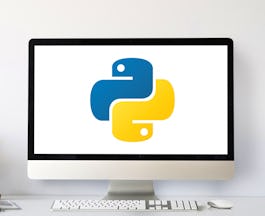
Skills you'll gain: Python Programming, Computer Programming, Data Analysis
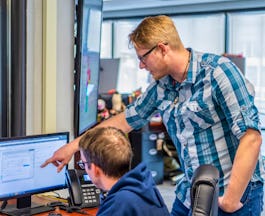
Google
Skills you'll gain: Computer Programming, Data Structures, Problem Solving, Python Programming

University of Michigan
Skills you'll gain: Computer Programming, Python Programming, Computer Programming Tools, Programming Principles, Data Structures, Computational Thinking, Computational Logic, Data Analysis, Algorithms, Critical Thinking, Problem Solving, Data Architecture, Data Management, Database Application, Databases, Theoretical Computer Science, Database Administration, Data Model, Data Visualization, Database Design, Database Theory, Web Development, Web Development Tools, Computer Networking, SQL, HTML and CSS, Other Web Frameworks
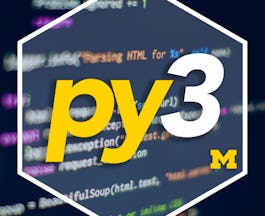
University of Michigan
Skills you'll gain: Python Programming, Computer Programming, Problem Solving

Skills you'll gain: Cloud Computing, Cloud Platforms, Collaboration, Computer Programming, Data Structures, Google Cloud Platform, Leadership and Management, Problem Solving, Python Programming
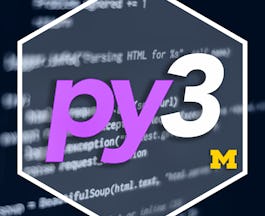
University of Michigan
Skills you'll gain: Computer Programming, Python Programming, Problem Solving

Google
Skills you'll gain: Computer Programming, Data Analysis, Data Visualization, Python Programming
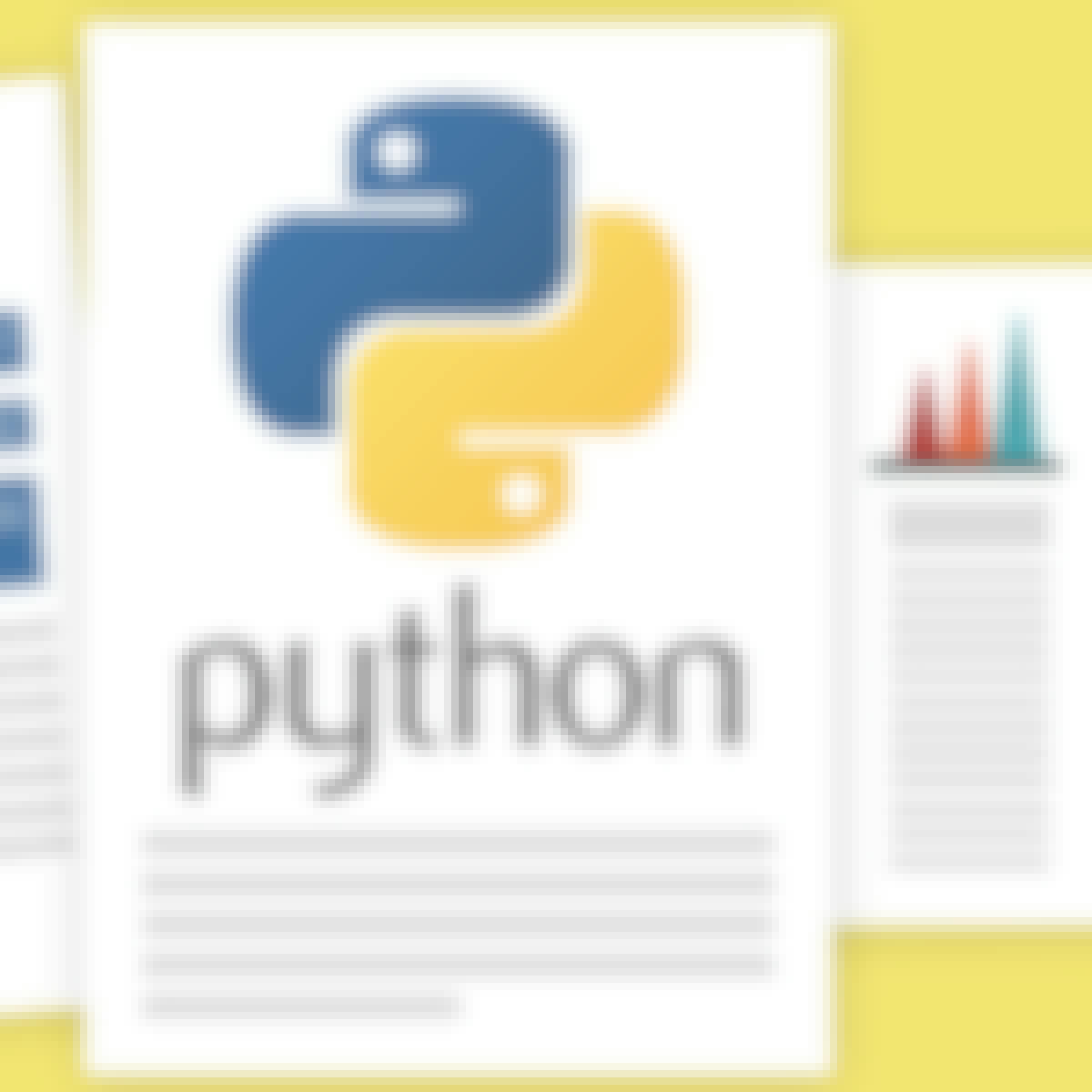
Skills you'll gain: Computer Programming, Data Analysis, Data Visualization, Exploratory Data Analysis, General Statistics, Machine Learning, Machine Learning Algorithms, Plot (Graphics), Probability & Statistics, Python Programming, Regression

Skills you'll gain: Python Programming, Programming Principles, Big Data, Software Testing, Algorithms, Computer Programming, Django (Web Framework), Tensorflow

University of Michigan
Skills you'll gain: Python Programming, Data Analysis, Computer Programming, Machine Learning, Algorithms, Applied Machine Learning, Data Mining, Machine Learning Algorithms, Exploratory Data Analysis, Statistical Programming, Data Management, Extract, Transform, Load, Natural Language Processing, Critical Thinking, Statistical Machine Learning, Data Structures, Graph Theory, Network Analysis, Human Learning, Data Visualization, Network Model, Data Analysis Software, Regression, Computer Networking, General Statistics, Network Architecture, Plot (Graphics), Visualization (Computer Graphics), Computer Graphics
 Status: Free
Status: FreeUniversity of Toronto
Skills you'll gain: Computer Programming, Python Programming, Computational Logic, Problem Solving, Programming Principles, Computer Programming Tools, Critical Thinking, Computational Thinking, Algorithms, Mathematics

Skills you'll gain: Python Programming, Data Science, Machine Learning, Data Analysis, Algorithms, Data Management, Data Visualization, Human Learning, R Programming, Business Analysis, Computer Programming, Database Application, Database Theory, Databases, Deep Learning, Exploratory Data Analysis, Machine Learning Algorithms, Plot (Graphics), SQL, Data Model, Statistical Machine Learning, General Statistics, Probability & Statistics, Regression, Reinforcement Learning, Big Data, Cloud Computing, Data Mining, IBM Cloud, Writing
In summary, here are 10 of our most popular python courses
- Python for Data Science, AI & Development: IBM
- Crash Course on Python: Google
- Python for Everybody: University of Michigan
- Python 3 Programming: University of Michigan
- Google IT Automation with Python: Google
- Python Basics: University of Michigan
- Get Started with Python: Google
- Data Analysis with Python: IBM
- Programming in Python: Meta
- Applied Data Science with Python: University of Michigan










